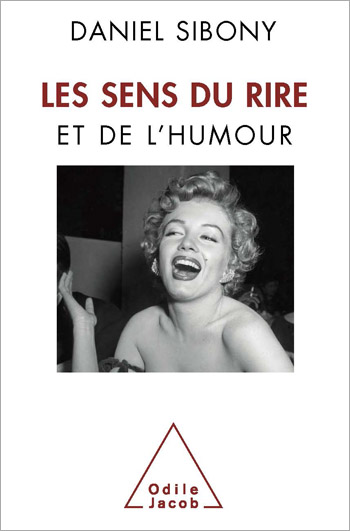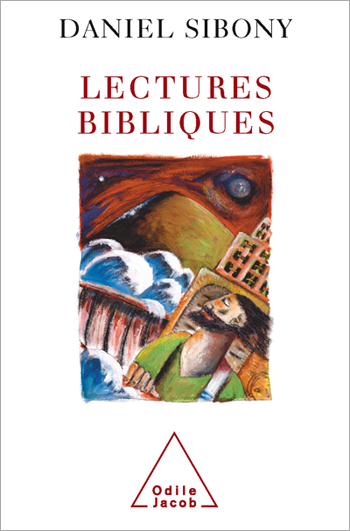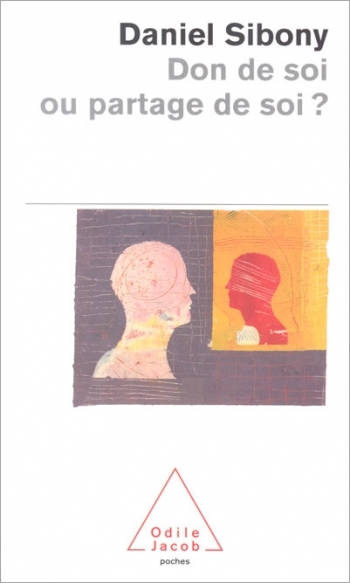
Daniel Sibony
Bibliography (14)

Daniel Sibony
Shakespeare
An author popular with readers interested in psychoanalysis and books about literature. A highly original and exhaustive examination of one of the world’s most popular playwrights.

Daniel Sibony
In Search of Another Time
An original text, brilliant writing and thinking that shed light on both the experienced familiar and the most abstract theories on time.
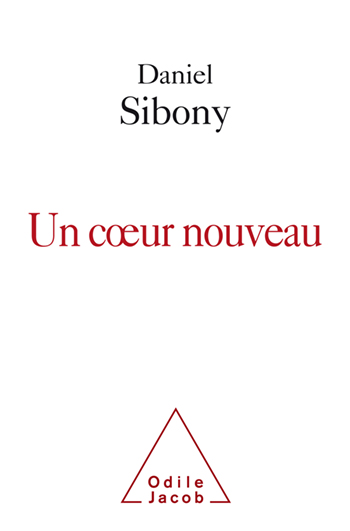
Daniel Sibony
A new heart
A new and striking dive into the world of advanced surgery. But above all, it is a moving meditation on life, its backlash and unity.
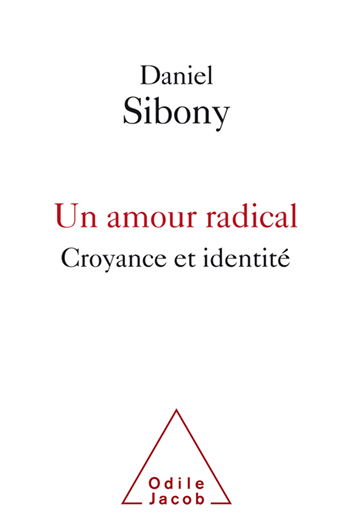
Daniel Sibony
A Radical Love Belief and Identity
An original analysis of the relationships between religions, between Judaism, Islam, and Christianity. Key concepts in psychoanalysis applied to religions: denial, repressions, impulses, illusions.

Daniel Sibony
The Quran and the Bible In questions and answers
A step-by-step study of the Quran, almost exactly word for word, to grasp the precise content. A polemical book, but a book based upon the author's knowledge of the Arabic language and the sacred texts of Islam. A return to the original text that allows us to understand the political and geopolitical issues of today's world.

Daniel Sibony
Muslims and Jews in the Arabic World
Shedding an original and doubtless controversial light on the question of the relationship between Islam and the secular world.
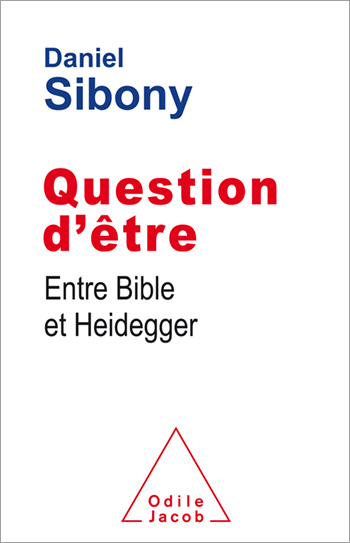
Daniel Sibony
The Issue of Being
What is Being? An Exchange Between the Bible and Philosophy, Heidegger and the God of Moses
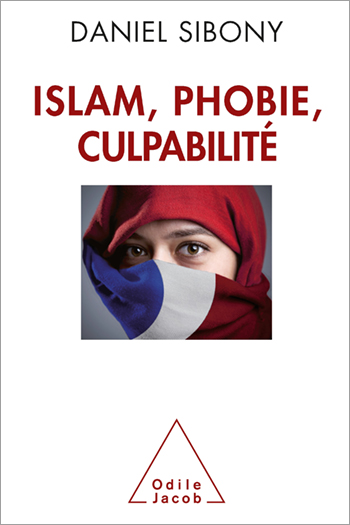
Daniel Sibony
Islam, Phobia, Guilt
The uneasy relations between Islam and the West, analysed by the psychoanalyst Daniel Sibony
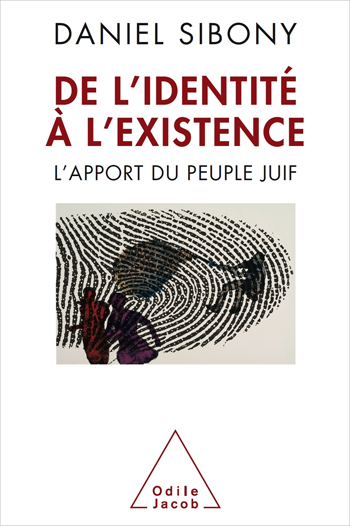
Daniel Sibony
From Identity to Existence The Jewish People’s Contribution
How the uniqueness of the Jewish people can help us all —Jews and non-Jews

Daniel Sibony
Marrakech, Departure Point
During a weekend trip to Marrakech — his hometown — a novelist has a love affair that becomes intertwined with reminiscences of his childhood.
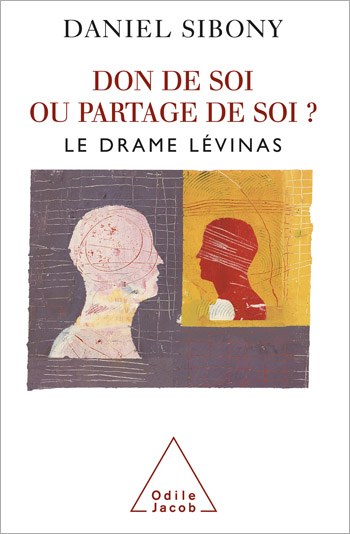
Daniel Sibony
Giving Yourself or Sharing Yourself ?
How can one be oneself without denying others? How can one consider others without negating oneself? How can one avoid the two extremes of complete selfishness and total self-sacrifice ? What if the ethics of the other, of responsibility for others which can lead us to risk our lives for others resulted not only in a dead-end (inefficient action, lack of action, justification of past actions) but also kept us from knowing ourselves and, consequently, others and the true nature of our relations with them? Daniel Sibony was trained as a philosopher and is a practising psychoanalyst.

